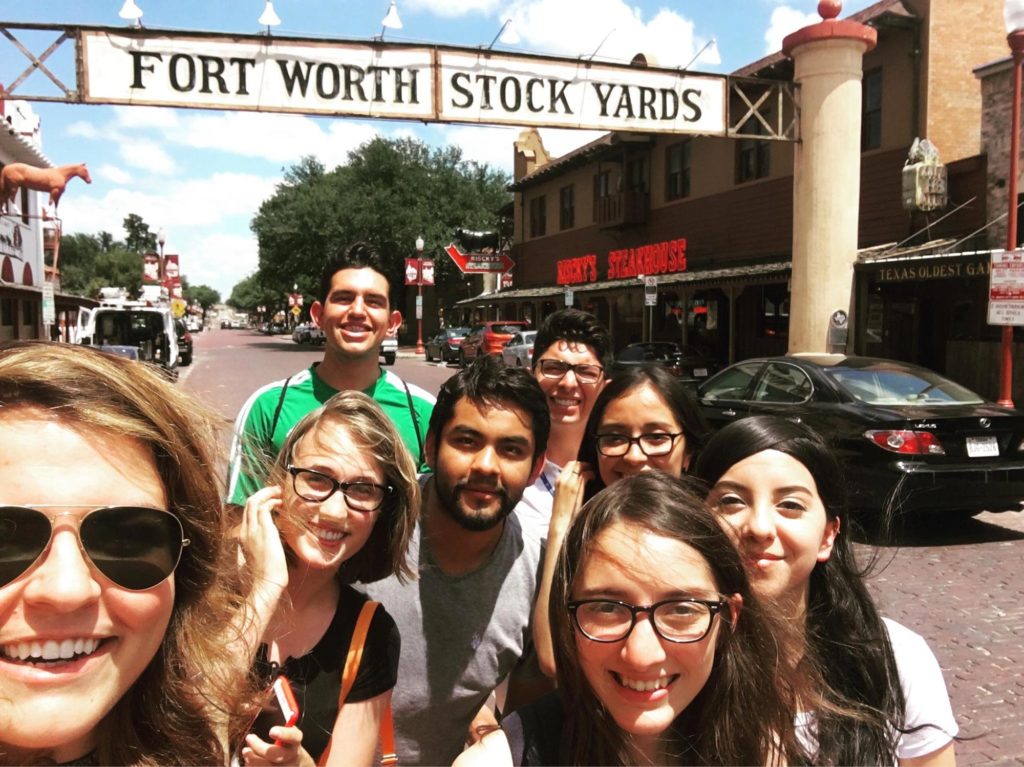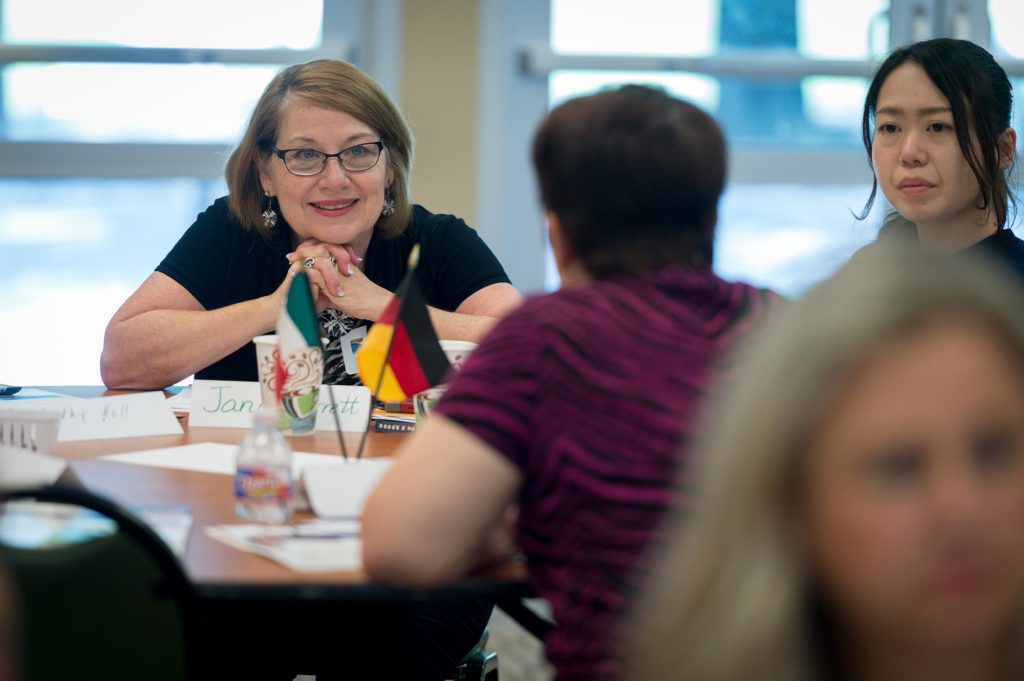History
A better world in the making.
Sister Cities International began in 1956, when President Dwight D. Eisenhower envisioned a way for U.S. cities to create formal partnerships with foreign cities. Municipality to municipality, cities could exchange information and ideas in order to develop friendships and deepen cultural understanding. This vision sparked the creation of Sister Cities International, which today includes more than 500 U.S. cities with relationships in 145 countries – a total of some 2,000 municipal partnerships. Each year, thousands of citizen diplomats, young and old, represent the United States around the world, promoting democracy and understanding.
The mission of Sister Cities International is to promote peace through mutual respect, understanding and cooperation – one individual, one community at a time. It is a nonprofit citizen diplomacy network that creates and strengthens partnerships between the U.S. and international communities. We strive to build global cooperation at the municipal level, promote cultural understanding and stimulate economic development.
Fort Worth became a member of the Sister Cities International network in 1985, after a group of dedicated volunteers performed countless hours of research to bring the dream of a strong, nonprofit, citizen diplomacy organization to life in the City of Fort Worth. Shortly thereafter, Reggio Emilia, Italy, became Fort Worth’s first Sister City, and the organization began actively planning exchanges and programs to interact with its first partner.
In 1987, Fort Worth signed two new sister city partnerships: Trier, Germany, and Nagaoka, Japan. The organization also hosted the Sister Cities International Annual Conference, bringing hundreds of people from all over the world to Fort Worth. Fort Worth Sister Cities rounded out its first five years with the creation of a program designed to foster peace and understanding in youth: the International Leadership Academy.
In 1990, Fort Worth become the first U.S. city to form a Sister Cities partnership with a city in Indonesia (Bandung) and added Budapest, Hungary, to our growing network. This year also marked our first diplomatic mission to Washington, D.C.
In 1996, Fort Worth Sister Cities held its very first Mayor’s International Dinner, an annual fundraiser and gala that would continue to elevate the awareness of Fort Worth Sister Cities in the community, as well as raise crucial funds for operations for well over a decade. In 1997, youth athletes from Fort Worth represented the U.S. at the first Olimpiade del Tricolore, a youth-based version of the Olympics. Fort Worth was the only American city invited to participate because of its strong relationship with Reggio Emilia.
In 1998, Fort Worth added a sixth city to its Sister Cities family: our neighbor to the south, Toluca, Mexico. The search for a Mexican Sister City spurred a new and innovative process of research, one that would prove valuable in searches to come.
In 2004, the organization added its seventh Sister City, Mbabane, Eswatini. This partnership was launched with the Wheelchairs for Peace program, a humanitarian effort that resulted in Fort Worth winning the 2004 national Sister Cities award for Humanitarian Assistance.
In 2005, Sister Cities International celebrated its 50th anniversary, at which longtime Fort Worth Sister Cities volunteer Elaine Yamagata won the highest honor an individual can receive: the National Volunteer of the Year award. At this same conference, Executive Director of Fort Worth Sister Cities Mae Ferguson was installed as the national president to serve a two-year term leading the board of directors.
In 2011, Guiyang, China, was officially signed as Fort Worth’s eighth sister. During this year, the organization attended an energy summit in Beijing; an economic development forum in Nanjing, China; and a trade mission with Suwon, South Korea.
In 2014, the board undertook a major reorganization, signed a five-year contract with the City of Fort Worth for funding, moved its offices into City Hall and adopted a long-range plan that would guide the organization for the next three years. During this year, the organization launched the inaugural Spanish Immersion Camp in partnership with the Fort Worth ISD. Over the next four years, the organization led exploratory missions to Vietnam, Cuba, Jordan and Russia, in order broaden the scope of the world for Fort Worth citizens beyond Fort Worth’s sister cities.
In 2016, the board of directors adopted a new strategy of mission-based fundraising, creating the Members Circle of Giving in order to increase community engagement. In its first four years, over $1 million was raised.
In 2019, Nîmes, France became Fort Worth’s ninth partner. During that time Fort Worth was also named as having the Best Sister Cities Program in the nation for the 10th time.
In 2020, the organization quickly pivoted to virtual programming continuing to engage the community and connect people through digital offerings.
In 2022, in-person exchanges resumed in full force with visits to four countries while maintaining virtual options.
In 2024, the long-standing International Leadership Academy was reimagined as Global Leaders in Action to engage more students in the Fort Worth community.


